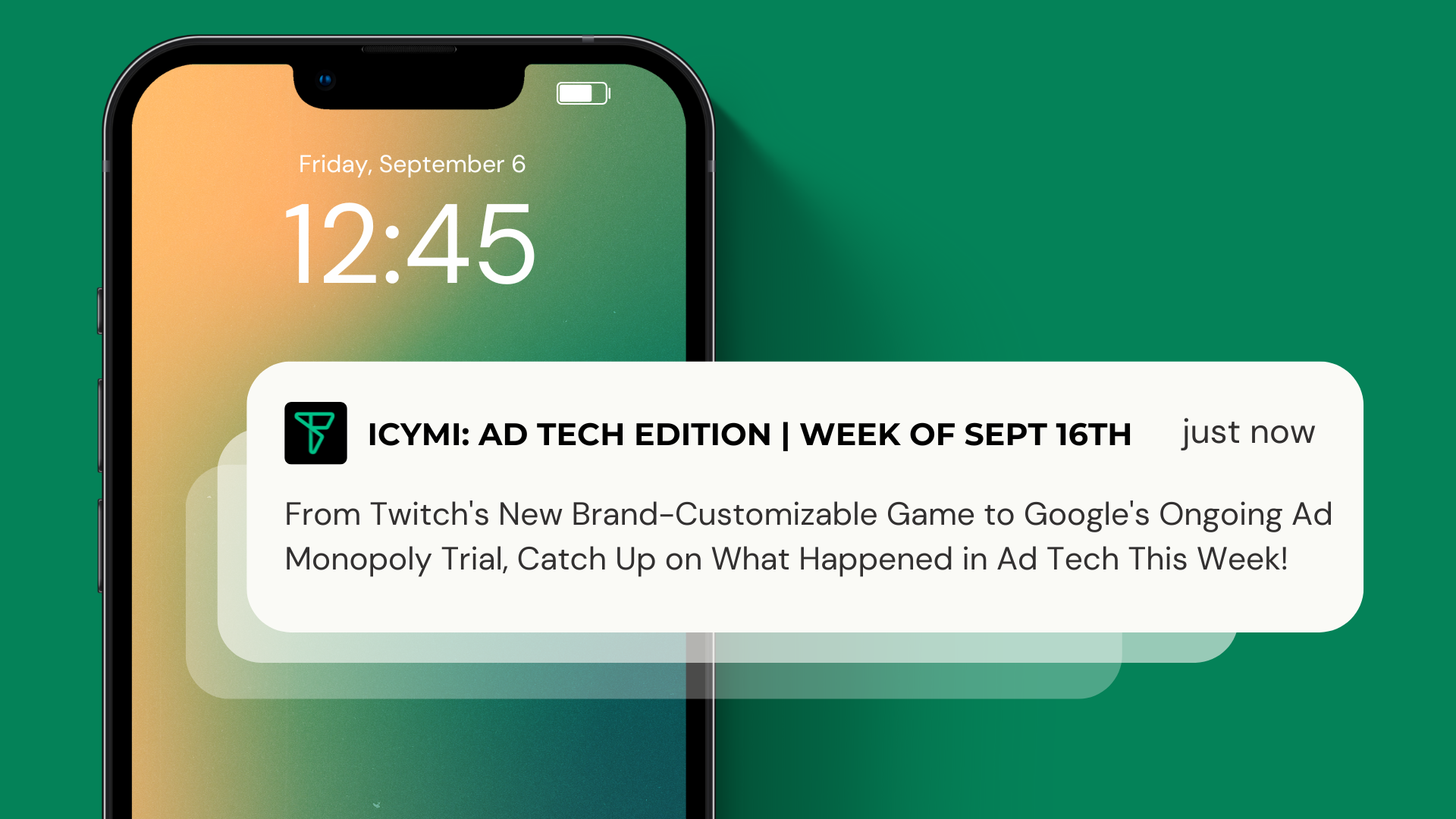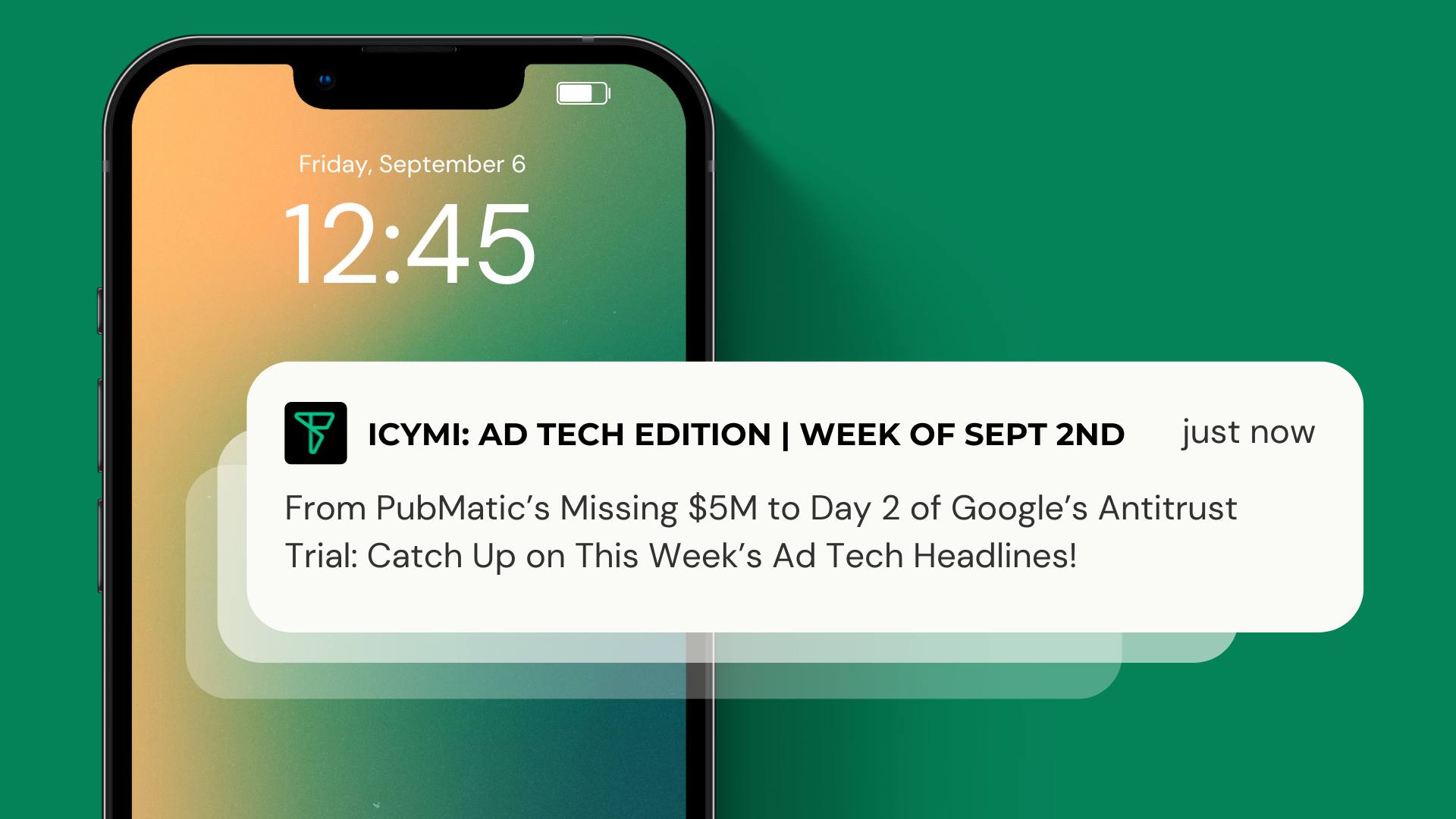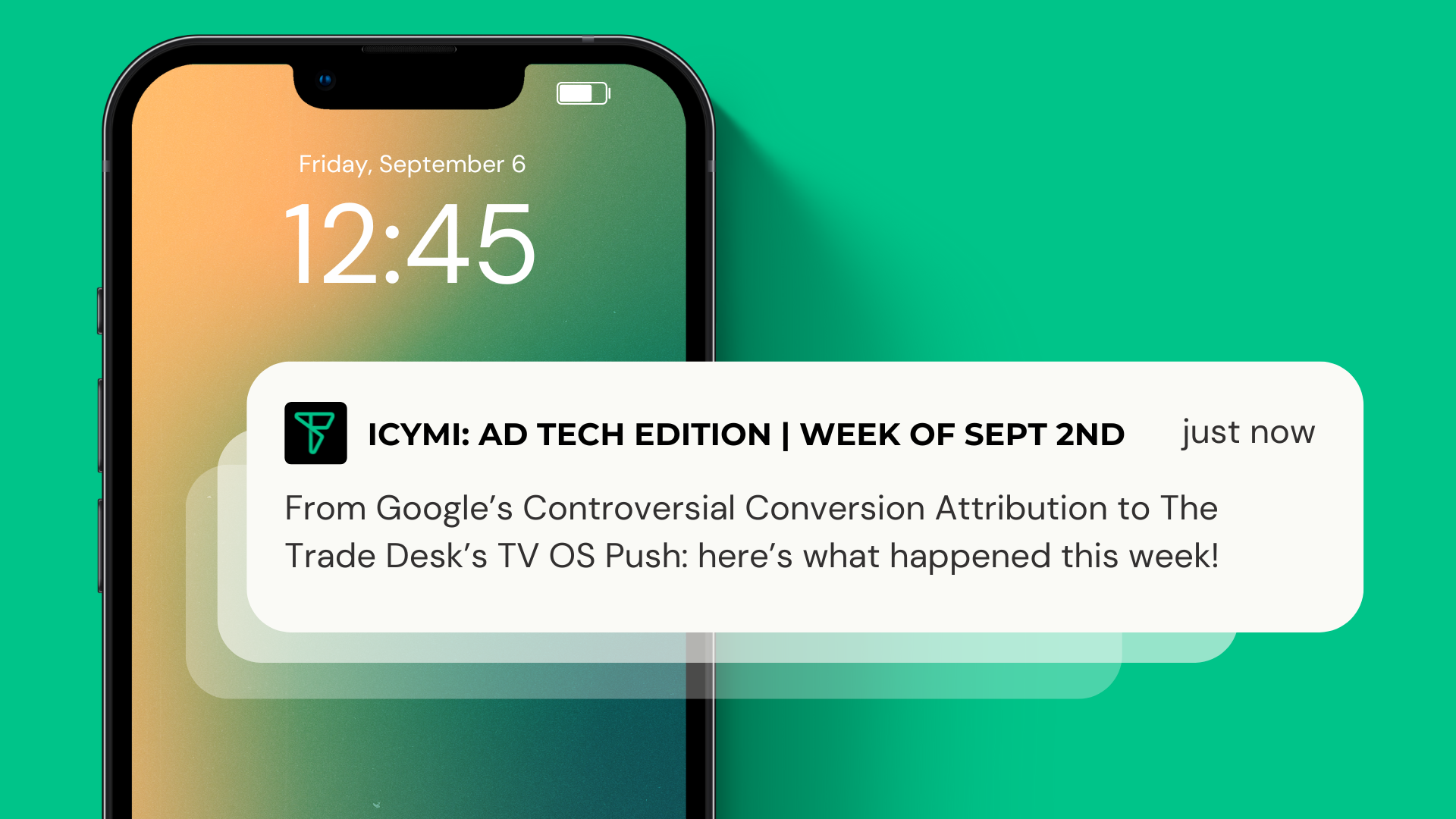Bits and Bobs from around the industry:
Microsoft Appoints New CMO as It Focuses on the ‘Era of AI’
After over three decades with Microsoft, Chief Marketing Officer Chris Capossela is stepping down, and his position will be taken over by Takeshi Numoto, formerly the EVP and Commercial CMO. This leadership change aligns with Microsoft’s strategic focus on investing in generative AI, particularly demonstrated through a $13 billion investment in OpenAI, the organization behind innovative products like ChatGPT. This commitment to AI has contributed to strong financial performance, with Microsoft’s revenue in the Intelligent Cloud division surging 19% to $24.3 billion in the last quarter. Notably, approximately three percentage points of Azure’s growth are attributed to generative AI products, including access to OpenAI’s GPT-4 language model. Microsoft is also turning its attention to the gaming market, as it recently closed a $75 billion deal to acquire Activision Blizzard. Ami Silverman and the consumer sales organization will be overseen by Phil Spencer, CEO of gaming, as the company aims to expand its presence in the gaming industry. Yusuf Mehdi, who has been at the forefront of various AI initiatives, will take on Numoto’s previous role as EVP and Consumer Chief Marketing Officer, with a focus on AI-powered services and the promotion of the Microsoft Copilot product.
WordPress.com owner buys all-in-one messaging app Texts.com for $50M
Automattic, the company behind WordPress.com and Tumblr, has acquired Texts.com for $50 million. Texts.com offers a consolidated messaging app that integrates various platforms, including iMessage, Slack, WhatsApp, Instagram, Telegram, Messenger, LinkedIn, Signal, Discord, and more. It stands out with end-to-end encryption, the ability to schedule messages, and features like marking messages as unread, even on platforms lacking that capability. Automattic sees this acquisition as a move into the “messaging” market, alongside its existing services for online publishing, e-commerce, and blogging. This move aligns with a broader trend in the tech industry to consolidate and streamline messaging apps, making it more convenient for users to manage their communications across different platforms.
Overheard At The Prebid Summit
The Prebid Summit in New York brought together publishers and SSPs who expressed several grievances and challenges within the digital advertising ecosystem. Here are some key takeaways from the event:
- Privacy Sandbox Challenges: While the industry supports the intent behind Google’s Privacy Sandbox, many publishers are still in the early stages of testing and adapting to the significant changes it entails, and it’s clear that the transition isn’t straightforward.
- Sustainability Concerns: The topic of sustainability in advertising prompted discussions about whether it’s merely an added layer to make supply-path optimization (SPO) more appealing. Some participants emphasized that efforts to enhance sustainability should also consider factors like ad creative size and the number of tags in creatives.
- Third-party Cookie Alternatives: The large number of third-party cookie alternatives and solutions is overwhelming for publishers. They face the challenge of testing various options and need to be savvy about the solutions they choose.
- Contextual Targeting Resurgence: With the impending demise of third-party cookies, there is a shift back to contextual targeting. Content-based contextual targeting at the URL level is favored over audience-based contextual targeting, as audience targeting relies on certification and trust factors.
- Challenges of Industry Standards: Creating industry standards is one thing, but ensuring their adoption is another challenge. For standards to be effective, they need buy-in from major players in the industry, particularly DSPs.
The Prebid Summit provided a platform for frank discussions about these issues and challenges within the digital advertising ecosystem.





